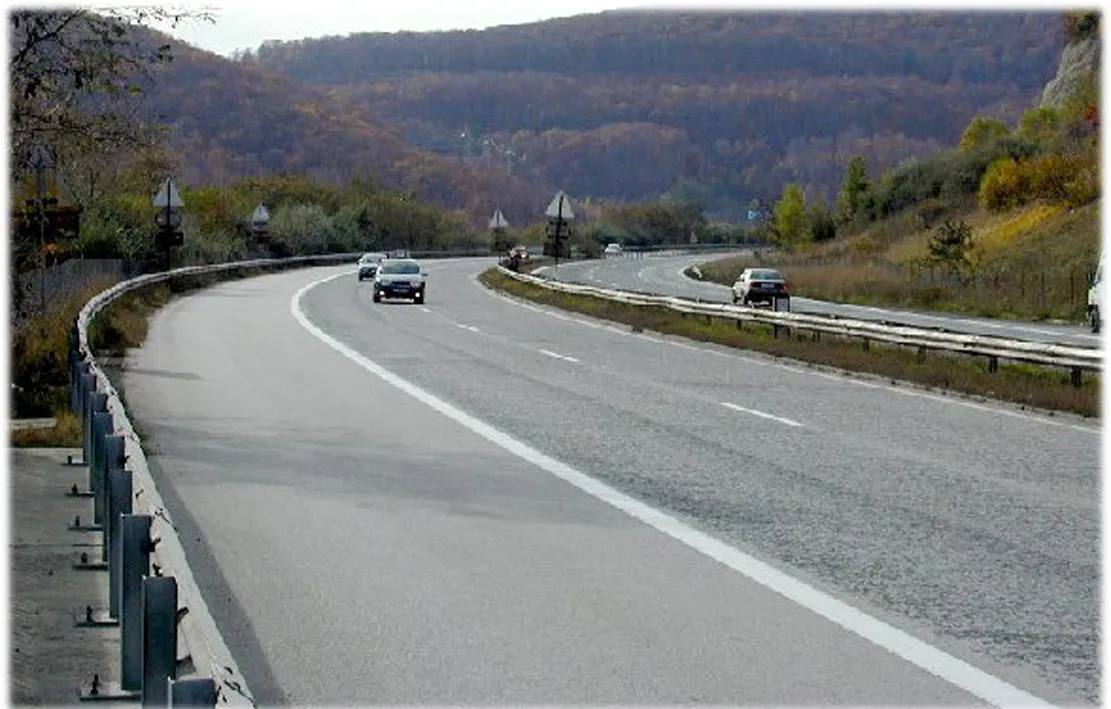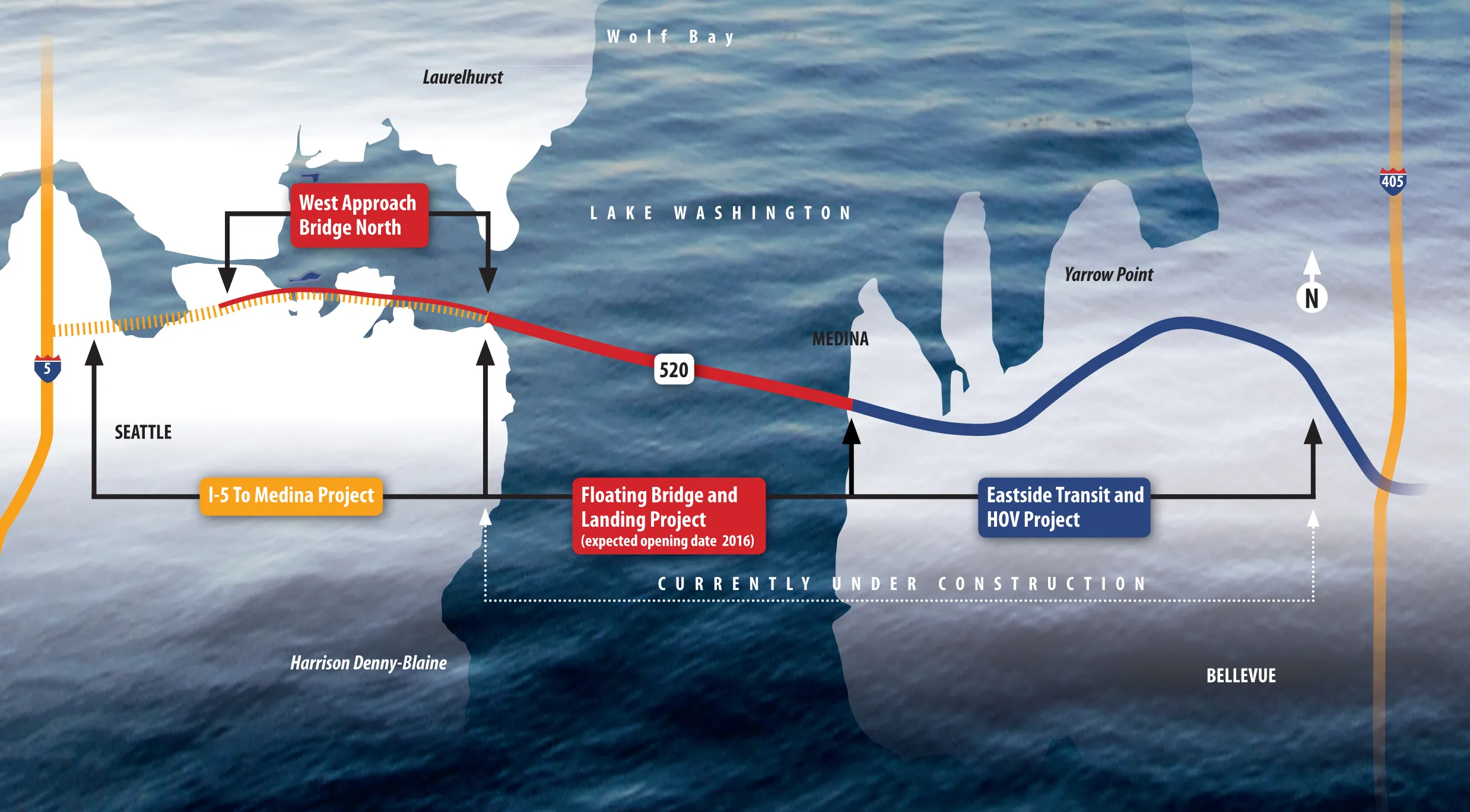The United State is facing yet another national highway funding crisis as the country’s new fiscal year begins. Despite the fact that October 1 marked the beginning of America’s new financial year, Congress has still not passed or approved the funding for a new long-term surface transportation measure. This is really worrying the 31-member-strong Transportation Construction Coalition (TCC) which is arguing that a “failure to act” will “lead to another self-imposed funding crisis that would undermine vital r
October 3, 2014
Read time: 4 mins
The United State is facing yet another national highway funding crisis as the country’s new fiscal year begins. Despite the fact that October 1 marked the beginning of America’s new financial year, Congress has still not passed or approved the funding for a new long-term surface transportation measure. This is really worrying the 31-member-strong Transportation Construction Coalition (TCC) which is arguing that a “failure to act” will “lead to another self-imposed funding crisis that would undermine vital road, highway and transit repairs.”
“We worked hard to build broad consensus within a deeply-divided Congress for investing in the nation’s ageing roads, bridges and transit systems,” said Stephen E. Sandherr, the chief executive officer of the3537 Associated General Contractors of America and the Coalition’s co-chair. “Members of Congress can either take advantage of that momentum or add transportation funding back to an already-long list of self-created crises threatening our economic vitality.”
In July, despite inertia and deadlock in Congress, the politicians approved extra money for the US “surface transportation program” through a temporary funding solution called the “Highway Trust Fund (HTF).” This was a compromise deal to ensure federal highway, bridge and transit investments will continue through May 2015. However, it was the fifth time in the past seven years Congress took that approach, requiring nearly $65 billion in supplemental funding to avoid significant cuts to transportation investments. The TCC is fed up with this desperate last-minute approach.
Today, on average, the HTF provides 52% of the funding for highway and bridge capital investments made by the nation’s state transportation departments each year, the TCC said, adding “Congress needs to ‘keep the horse before the cart’ and address the trust fund’s long-term revenue problem as was done in the 1997 and 2004 tax bills. Then it can develop and properly fund a six-year program bill early in 2015.”
According to TCC co-chair Pete Ruane, who is also president and CEO of the920 American Road & Transportation Builders Association, “status-quo funding levels will simply perpetuate worsening traffic congestion and the inadequate physical condition of the nation’s highway and transit network.”
The latest Congressional Budget Office projections reveal that the USA needs to find an additional US$7 billion just to preserve the current highway and transit funding plan for the last four months of fiscal year 2015. Federal data also shows that maintaining current programme funding beyond 2015 will require an average of $16 billion in additional revenues each year. America desperately needs a more sensible and more stable “long-term transportation funding solution” argues TCC and it is urging Congress to identify and pass a funding HTF revenue fix to keep the country’s roads and bridges in a good state of repair.
The TCC was set up in 1996 and is co-chaired by the American Road and Transportation Builders Association and the Associated General Contractors of America. 31 trade associations and trade unions take part and members include: American Road & Transportation Builders Association;3537 Associated General Contractors of America; American Coal Ash Association; American Concrete Pavement Association; American Concrete Pipe Association; American Council of Engineering Companies; American Subcontractors Association; American Iron and Steel Institute; 2600 American Society of Civil Engineers; 2466 American Traffic Safety Services Association; Asphalt Emulsion Manufacturers Association; Asphalt Recycling & Reclaiming Association; Associated Equipment Distributors; 1100 Association of Equipment Manufacturers; Concrete Reinforcing Steel Institute; 3860 International Slurry Surfacing Association; International Association of Bridge, Structural, Ornamental and Reinforcing Iron Workers; International Union of Operating Engineers; Laborers-Employers Cooperation and Education Trust; Laborers’ International Union of North America; 3464 National Asphalt Pavement Association; National Association of Surety Bond Producers; National Electrical Contractors Association; National Ready Mixed Concrete Association; National Steel Bridge Alliance; National Stone, Sand and Gravel Association; National Utility Contractors Association; Portland Cement Association; Precast/Prestressed Concrete Institute; The Road Information Program; and United Brotherhood of Carpenters and Joiners of America.
“We worked hard to build broad consensus within a deeply-divided Congress for investing in the nation’s ageing roads, bridges and transit systems,” said Stephen E. Sandherr, the chief executive officer of the
In July, despite inertia and deadlock in Congress, the politicians approved extra money for the US “surface transportation program” through a temporary funding solution called the “Highway Trust Fund (HTF).” This was a compromise deal to ensure federal highway, bridge and transit investments will continue through May 2015. However, it was the fifth time in the past seven years Congress took that approach, requiring nearly $65 billion in supplemental funding to avoid significant cuts to transportation investments. The TCC is fed up with this desperate last-minute approach.
Today, on average, the HTF provides 52% of the funding for highway and bridge capital investments made by the nation’s state transportation departments each year, the TCC said, adding “Congress needs to ‘keep the horse before the cart’ and address the trust fund’s long-term revenue problem as was done in the 1997 and 2004 tax bills. Then it can develop and properly fund a six-year program bill early in 2015.”
According to TCC co-chair Pete Ruane, who is also president and CEO of the
The latest Congressional Budget Office projections reveal that the USA needs to find an additional US$7 billion just to preserve the current highway and transit funding plan for the last four months of fiscal year 2015. Federal data also shows that maintaining current programme funding beyond 2015 will require an average of $16 billion in additional revenues each year. America desperately needs a more sensible and more stable “long-term transportation funding solution” argues TCC and it is urging Congress to identify and pass a funding HTF revenue fix to keep the country’s roads and bridges in a good state of repair.
The TCC was set up in 1996 and is co-chaired by the American Road and Transportation Builders Association and the Associated General Contractors of America. 31 trade associations and trade unions take part and members include: American Road & Transportation Builders Association;








